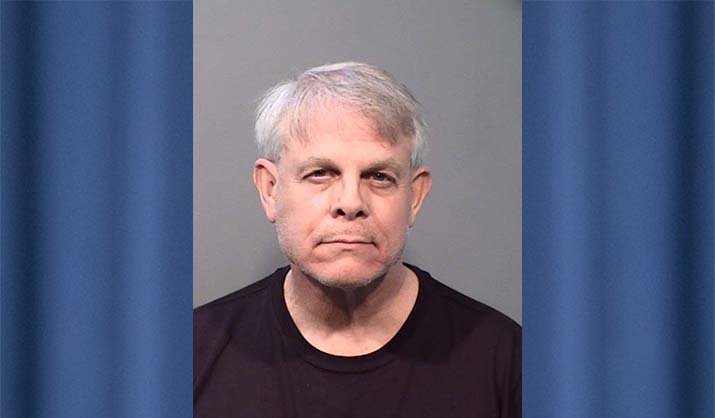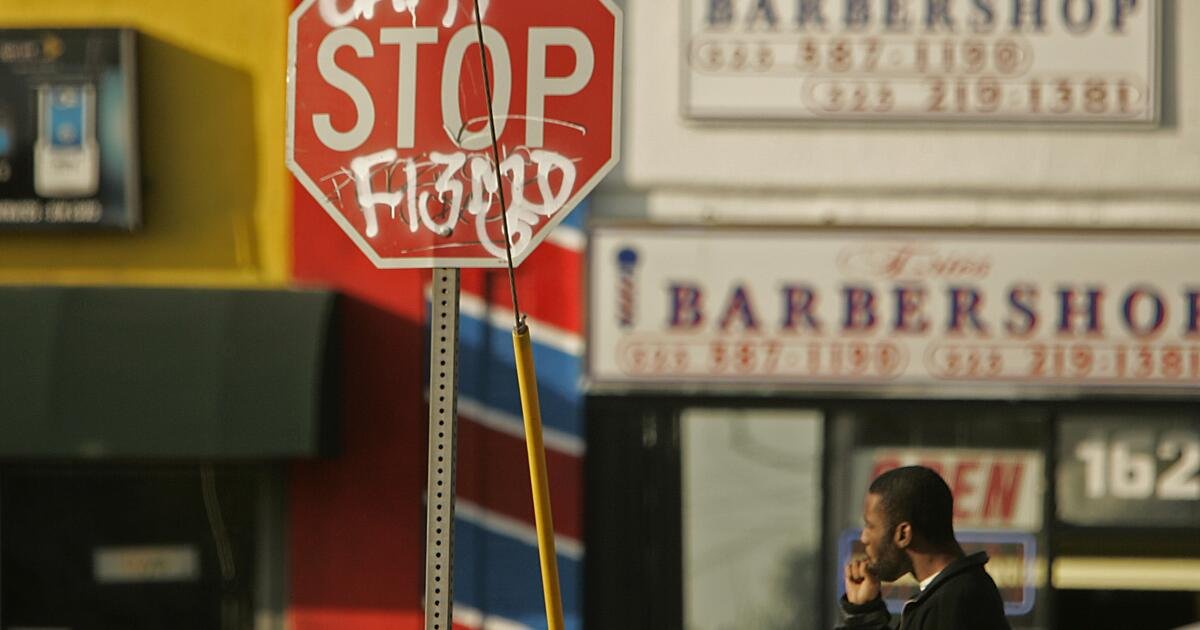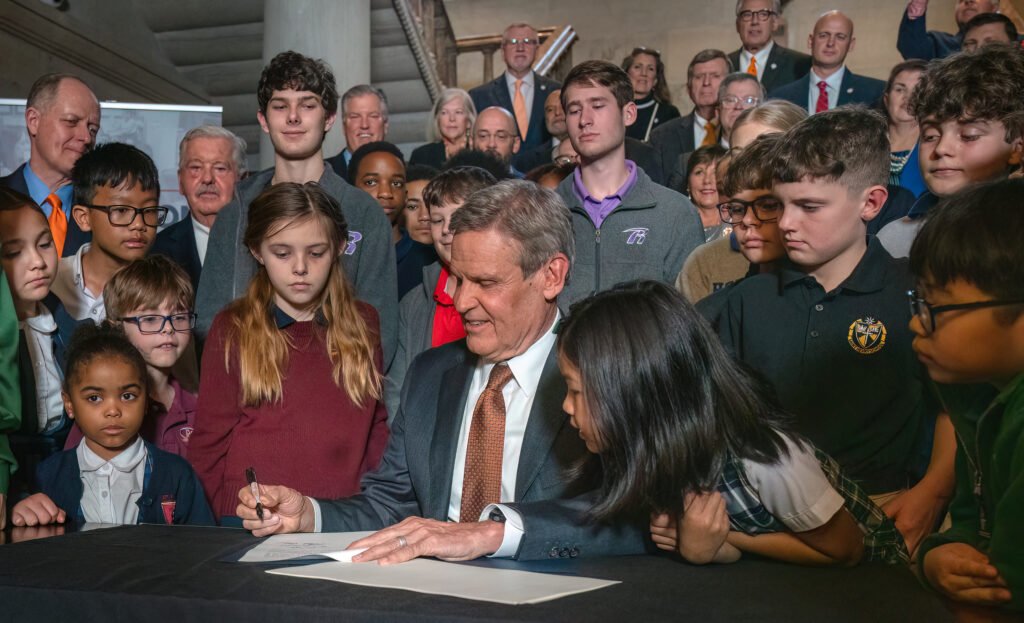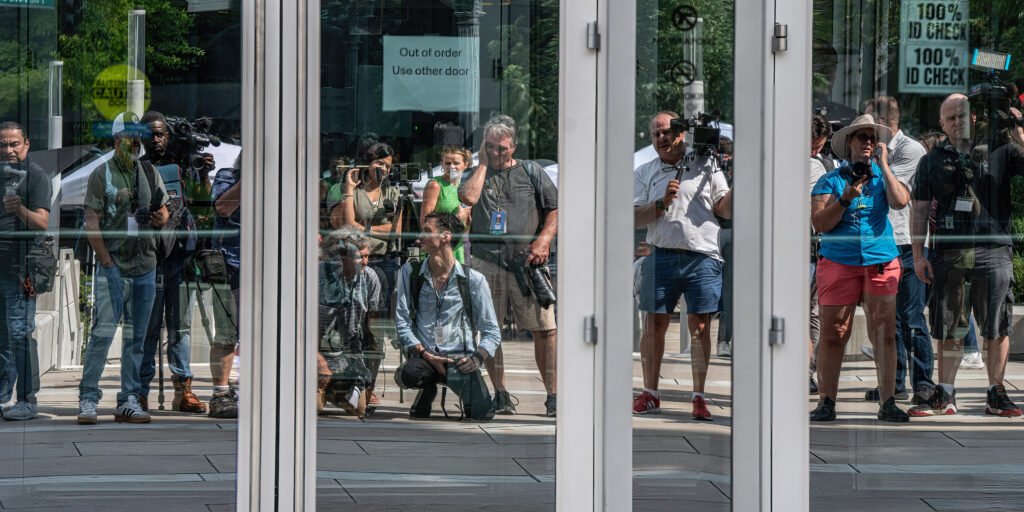Prescott – On Monday, October 31, Yavapai County Superior Court Judge Christa Carman sentenced Walter Mitchell, 61, to 6.25 years in prison for dumping body parts in a remote area of the county.
Mitchell was previously convicted by a Yavapai County jury on 29 counts of abandoning or concealing a body, all of which are class 5 felonies.
On December 26, 2020, two lumberjacks found human arms and legs near Contreras Road outside Prescott. The Yavapai County Sheriff’s Office responded to the call and found 24 body parts. The next day, the YCSO responded to his two hunters who discovered his two severed human heads near Camp Wood Road. After an extensive search, law enforcement recovered a total of 29 body parts, including five of his heads.
An investigation revealed that some of the bodies belonged to nine separate people who chose to donate them to science after their deaths. Most body parts were tagged with silver tags and serial numbers, an identification system commonly used for donor sites. Also in the first scene was the label of “FutureGenex,” a full-body donation company in Seattle, Washington owned by Mitchell.
Subsequent investigation revealed that Mitchell had rented freezer space in Kent, Washington, where he stored body parts from more than nine donors. Mitchell received his donor site in early February 2020 when he left Washington for Arizona. The body parts were transported by Mitchell in his U-hole in dry ice. Mitchell’s business, his FutureGenex, closed permanently in April 2020.
When Mitchell arrived in Arizona, he was living in Chino Valley. He had a padlocked storage shed, powered through an extension cord to the chest freezer he used to store his body parts. Mitchell dumped his body parts in late November 2020, sold the freezer and moved into a Scottsdale apartment before being arrested.
While executing a search warrant at Mitchell’s residence, law enforcement uncovered evidence related to the scene and business documents related to FutureGenex, including several donor consent forms.
The state, through the Yavapai County Attorney’s Office, had asked the court to impose a minimum sentence of 18 years in prison.
“Mr. Mitchell had made explicit promises to the donor’s family that the remains would be used for medical research and education and that they would be treated with dignity and respect.” He promised to cremate it as a means of final disposal once it had served its purpose.
The state argued that psychological harm to family members justified lengthy prison sentences. Kasi Harris, the deputy county attorney and lead prosecutor in the case, said about a year and a half after the body parts were found, Mitchell dumped a total of 53 body parts in two separate locations. Mitchell claimed he dumped body parts for his own social and political agenda – to draw attention to the lack of regulation in the body donation industry.
Harris said in court: The horror they felt when they first discovered that their loved ones’ wishes were not respected and instead their bodies were dumped in the woods and buried in the desert for Mr. Mitchell’s own personal plans. Since then, the family has been harassed by the media and had to relive the death and physical abuse of their loved ones over and over again. “
Harris also claimed that Mitchell stole something of immeasurable value from society.
“The body parts in this case were intended to support further medical research and education, including cutting-edge ultrasound technology to help train surgeons. Instead, they were left to rot in forests and deserts without fulfilling their intended purpose or the wishes of their donors. I did.”
According to Polk, Mitchell will serve at least 85% of the 6.25-year prison sentence imposed by the court before being eligible for release.
Polk further stated: The resentment and horror of discovering how a deceased loved one was treated by Mitchell is something any family will have to endure. “
















